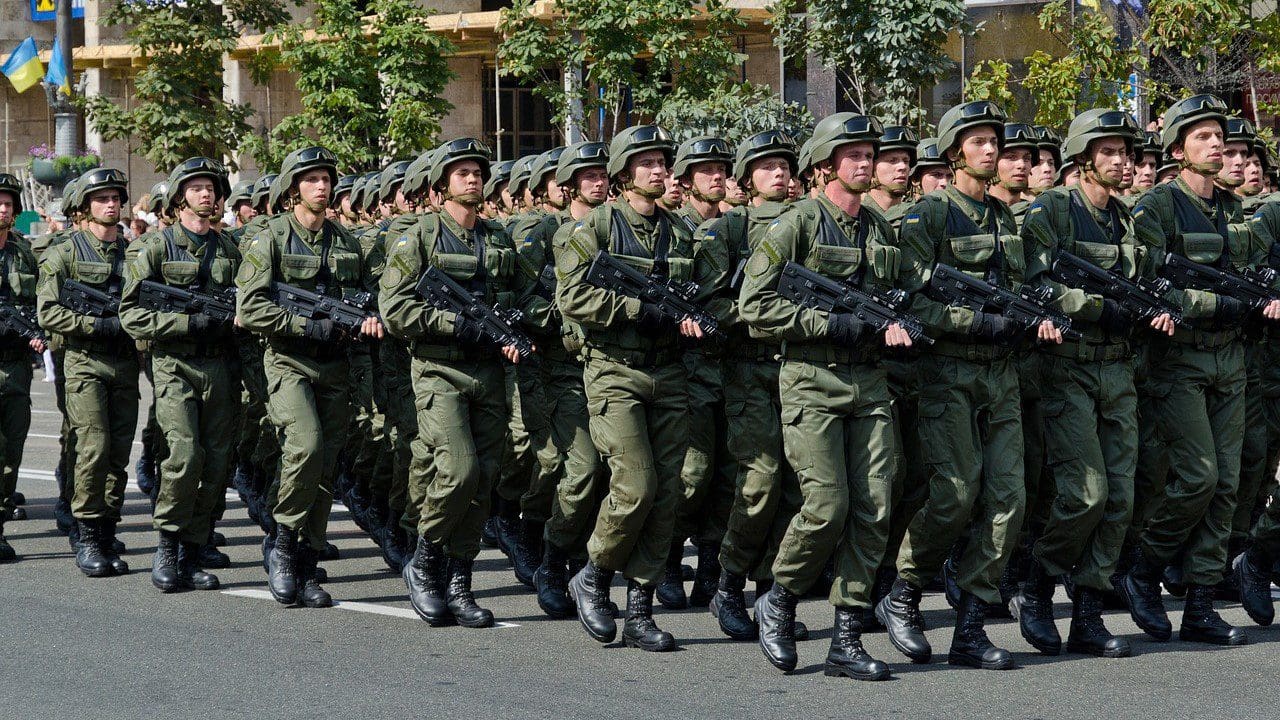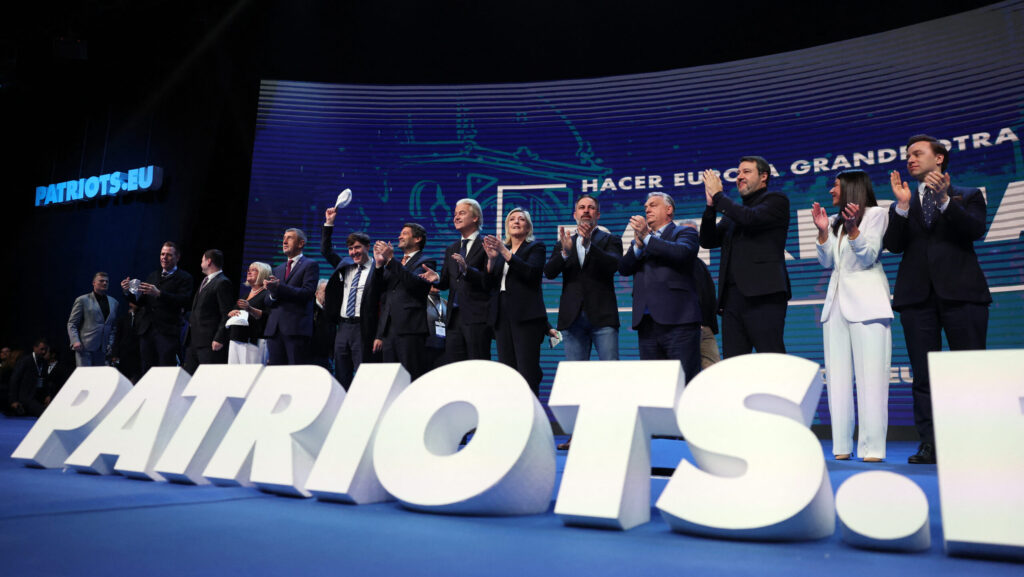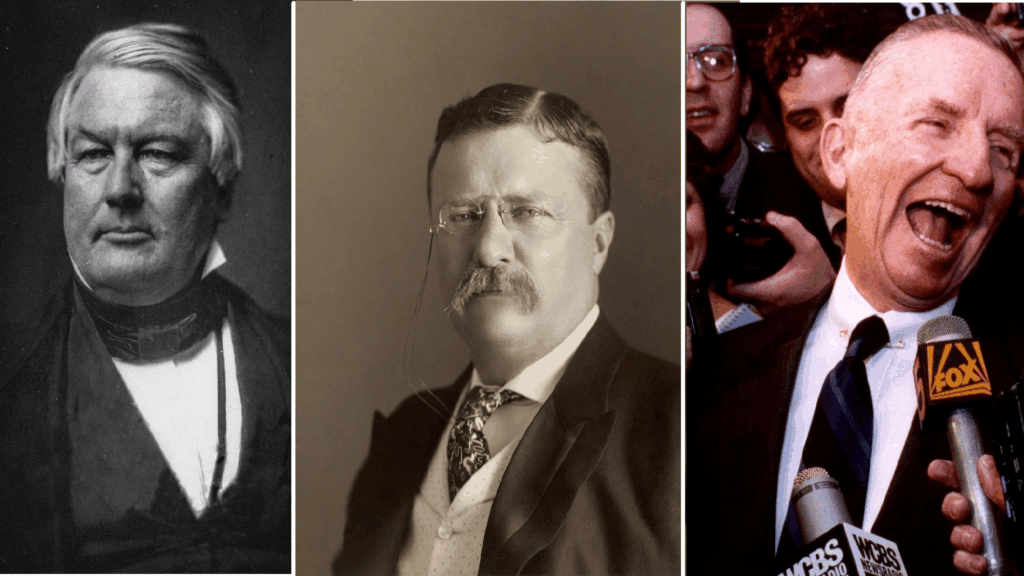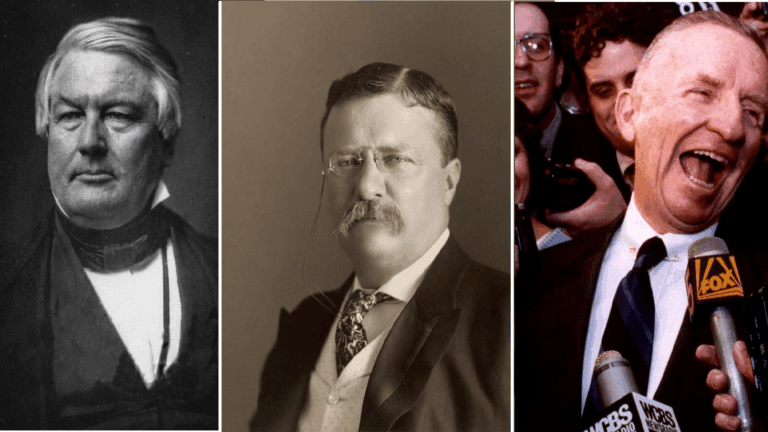Earlier this week, foreignaffairs.com published an article titled An Unwinnable War – Washington Needs an Endgame in Ukraine by Samuel Charap, a senior political scientist at the RAND Corporation. The article is worthy of attention as it argues in favour of having a much-needed discussion about how to end the war in Ukraine that has been dragging on for over a year.
The article highlights the moment of unity the invasion of Ukraine initially led to. Western leaders from the President of the United States to the Hungarian Prime Minister were quick to condemn the aggression. However, no Western vision has crystallised ever since on how to facilitate the end of the war. ‘The United States and its allies should be capable of helping Ukraine simultaneously on the battlefield and at the negotiating table. Now is the time to start,’ Samuel Charap nails down.
The author acknowledges that ‘the Ukrainians are the ones dying for their country, so they ultimately get to decide when to stop—regardless of what Washington might want’; on the other hand, he argues that with no resolution of the conflict in sight, ‘it is now time that the United States develop a vision for how the war ends’. 15 months of fighting made it clear, reasons Charap, that Russia
will be able to maintain at least some military presence in Ukraine,
therefore, deciding the outcome of the war by military means only is not possible–other, diplomatic tools also need to be considered. Even if the much-awaited Ukrainian counteroffensive does lead to considerable territorial gains for Kyiv, militarily speaking, achieving a strategic victory is unlikely.
Charap reminds that neither territorial gains nor the military and political humiliation of Russia will necessarily result in the conflict ending. After careful consideration of the strengths and weaknesses of the adversaries, Charap reaches the conclusion that neither side is likely to gain full control over the territories that it wishes to occupy and claims to be its own. At the same time, the author, rightly, also reminds readers that just because Russia controls some regions, they do not legally belong to Moscow, and recognising their de facto control does not legitimise Moscow’s unlawful invasion.
The author highlights that the war can in fact go on for decades if no steps are taken to stop it. In the current stage of the war, ‘the war’s structural realities are unlikely to change even if the frontline shifts’. The cost in human life for Ukraine and economically for the West would be enormous should the war continue in the years to come. Even today, after a year of war, European economies are struggling with inflation and the budgets of Western governments feel the burden of the war. Energy prices as well as global food supply chains are volatile due to the conflict. If the conflict continues,
these economic instabilities and hardship are likely to become permanent.
The economic needs of Russia in turn could make Moscow seek closer relations with China, which also does not serve Western interests.
As the dragging on of the war is not in the interest of neither the West nor Ukraine, there is need to look for another way of approaching the conflict, Charap notes. While an actual peace treaty between the two sides that invested so much into this conflict might look unlikely, negotiations are nevertheless possible—and the West should facilitate these negotiations. An attainable, realistic goal, according to the author, could be an armistice agreement, that is a long-lasting ceasefire between the two sides. While the hostility between the two countries would obviously not cease with an armistice agreement,. the hot war would end. In this way, total mobilisation, the blockade of ports and the lockdown of airspace in Ukraine could be eased and therefore the war-torn country’s economy could recover.
An armistice agreement would also allow soldiers to return home and the wounded to be healed,
and, last but not least, would also put an end to the bloodshed. The armistice would not address in detail political issues, that is, the question who has legitimate control over what territory: it would only regulate how not to proceed by military means.
The author goes on by arguing that the West should make an effort in initiating the armistice negotiations. While according to Charap Washington cannot and should not dictate the terms of the agreement, it should make a considerable effort to have the two countries’ leaders sit down. Talking and fighting do not rule each other out, the author adds: Ukraine can proceed with the war so that it puts itself into a better negotiating position, while actually talking to the other side.
Foreign Affairs on Twitter: “”No matter where the frontline is, Russia and Ukraine will have the capabilities to pose a permanent threat to each other.”Read @scharap on the direction of the war-and why it is time for Washington to develop a vision for how the conflict ends.https://t.co/hhltW6Yc7J / Twitter”
“No matter where the frontline is, Russia and Ukraine will have the capabilities to pose a permanent threat to each other.”Read @scharap on the direction of the war-and why it is time for Washington to develop a vision for how the conflict ends.https://t.co/hhltW6Yc7J
Charap reminds that even if these negotiations start within a week, they are unlikely to lead to any results earlier than months. Therefore, starting the talks as soon as possible is essential. In short, the actionable ideas that the author is proposing are resuming talks with Russia and the appointing of a special diplomatic envoy for the mission by the United States.
The article uses compelling arguments in advocating for peace talks while making clear that the West should continue to side with Ukraine. Charap demonstrates with facts that while it is unquestionable that the victim of Russian aggression, Ukraine deserves all assistance it can get, the Western world has made a mistake when not committing itself to seeking an end of the hostilities.
The sentiment expressed in the article by Samuel Charap echoes the opinion of the majority of the Hungarian public,
which also wants to see an end to the conflict as soon as possible and considers the West’s choice not to negotiate with Moscow wrong. As the Hungarian Prime Minister said already a month ago: ‘if we do not take the first step, we will never reach peace.’ Viktor Orbán reminded that while some believe that the conflict can be ended by military means, agreeing with Samuel Charap, the Hungarian Prime Minister highlighted that only negotiations can close the conflict between Kyiv and Moscow. As there is a Hungarian minority in Ukraine, the war for Budapest is a ‘personal national loss’ too, therefore, ending the suffering of ethnic Hungarians living in the neighbouring country is an important foreign policy aim for the Hungarian government.
As a final note, it is worth quoting the author’s very eloquently expressed final thoughts, warning that unless Washington acts now, the war could be a practically endless conflict with no clear outcome. He says: ‘The United States and its allies thus face a choice about their future strategy. They could begin to try to steer the war toward a negotiated end in the coming months. Or they could do so years from now. If they decide to wait, the fundamentals of the conflict will likely be the same, but the costs of the war—human, financial, and otherwise—will have multiplied. An effective strategy for what has become the most consequential international crisis in at least a generation therefore
requires the United States and its allies to shift their focus and start facilitating an endgame.’








